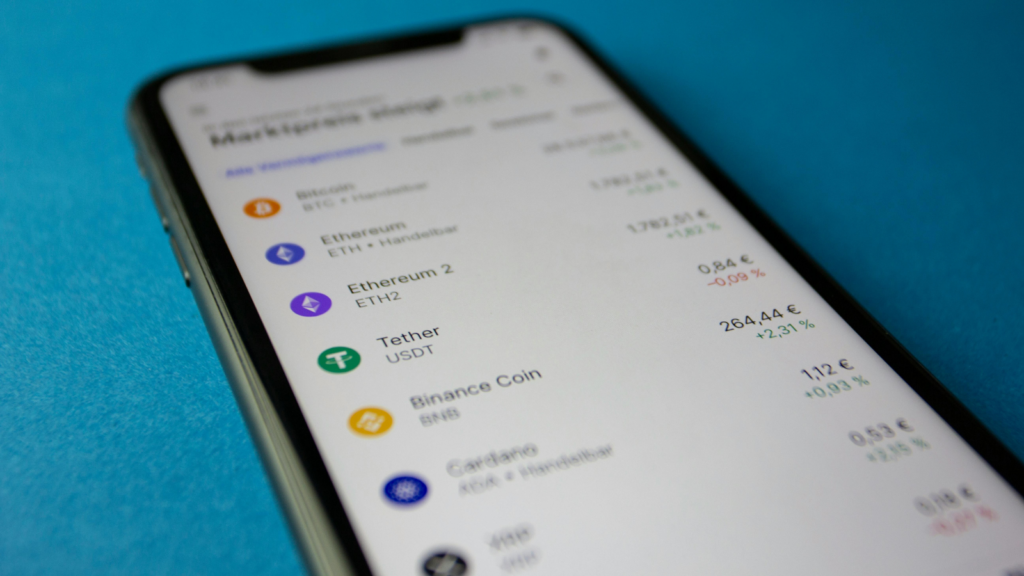In the digital age, cryptocurrency has emerged as a game-changer, and with it, the demand for secure and efficient cryptocurrency wallets has skyrocketed. This piece delves into the intricate world of cryptocurrency wallet development, offering insights into its significance and potential in today’s tech-driven society.
Cryptocurrency Wallet Development
Types of Cryptocurrency Wallets

Grasping the fundamentals of blockchain wallet engineering entails a comprehensive exploration of the varying types of wallets and crucial security features.
Types of Cryptocurrency Wallets Cryptocurrency wallets come in five types:
- Hardware Wallets (e.g. Ledger, Trezor)
- Online Wallets (e.g. Coinbase, Blockchain.info)
- Mobile Wallets (e.g. Mycelium, Jaxx)
- Desktop Wallets (e.g. Electrum, Exodus)
- Paper Wallets (e.g. WalletGenerator.net)
Key Features of a Highly Secure Wallet
A secure wallet should have:
- Private key control
- Anonymity
- Hierarchical Deterministic (HD) capability
- Multi-signature support
- Two-Factor Authentication (2FA)
- Cross-platform compatibility
- Backup and security features (encryption, proof-checks)
Technologies Used in Cryptocurrency Wallet Development
Delving into the realm of cryptocurrency wallet development, the unique blend of technologies and security protocols employed to ascertain financial safety in the digital landscape piques notable interest.
Blockchain Technology & Security Protocols

Blockchain technology is the foundation of cryptocurrency wallets, providing a decentralized, transparent, and immutable public ledger. It records and verifies transactions, preventing fraud and ensuring authenticity. Bitcoin and Ethereum wallets rely on blockchain technology to secure transactions and deployments of digital contracts and decentralized applications.
Secure cryptocurrency wallets implement robust security protocols like Two-Factor Authentication and Multi-Signature Support. Multisig requires approval from multiple parties for transactions, while HD wallets generate new keys for each transaction. These protocols amplify security, preventing unauthorized access and transactions. The combination of blockchain technology and advanced security protocols creates a fortified financial safety net in decentralized wallet engineering.
The Development Process of Cryptocurrency Wallets
Delving into wallet development, the process mandates thorough research, design expertise, and meticulous testing. It all boils down to three essential steps: planning and requirements gathering, design and user experience consideration, and testing and deployment.
Planning and Requirements
Determining project scope and outlining the function map is the first phase. Developers consider which cryptocurrencies to support and features to offer, including basic functions like storing and sending, and advanced features like QR code scanning and exchange rate tracking. Safety measures like biometric authentication are also included.
Design and User Experience
After locking down the feature set, attention turns to aesthetics and user experience. A well-crafted interface is visually appealing, intuitive, and easy to navigate. Attention to design elements enhances usability, and streamlining processes like account creation and transaction workflows improves the overall experience.
Testing and Deployment
The wallet’s robustness is tested through rigorous evaluation, ensuring flawless operation, performance, and security. Testing covers threats like malware and phishing, and evaluates encryption, private key generation, and transaction validations. After successful testing, the wallet is deployed across platforms, with monitoring tools in place for constant evaluation.
Trends in Decentralized Wallet Development
Cryptocurrency wallet developers constantly seek ways to keep improving their services and products. Among trending advancements, two stand out – the integration of multi-currency support and emphasis on user privacy and anonymity.
Multi-Currency Support and User Privacy and Anonymity

The rise of cryptocurrencies prompts the development of multi-currency wallets, offering users a unified solution for storing and transacting various currencies like Bitcoin and Ethereum. This consolidated approach enhances convenience by eliminating the need for multiple wallets and streamlines transactions, saving time while reducing security risks.
Cryptocurrency wallets prioritize user privacy and anonymity through advanced encryption and privacy-enhancing features such as “coin mixing.” Developers advocate for decentralized wallets to safeguard user data from third-party access. Additional security measures like two-factor authentication and biometric verification strengthen privacy and deter unauthorized access.
Towards A Secure Future
Cryptocurrency wallet development is prioritizing user experience, security, and privacy, with a focus on multi-currency support, advanced encryption, and decentralized wallets. As the industry continues to evolve, we can expect even more innovative and secure solutions, ensuring the safety and anonymity of users in the growing crypto world.


